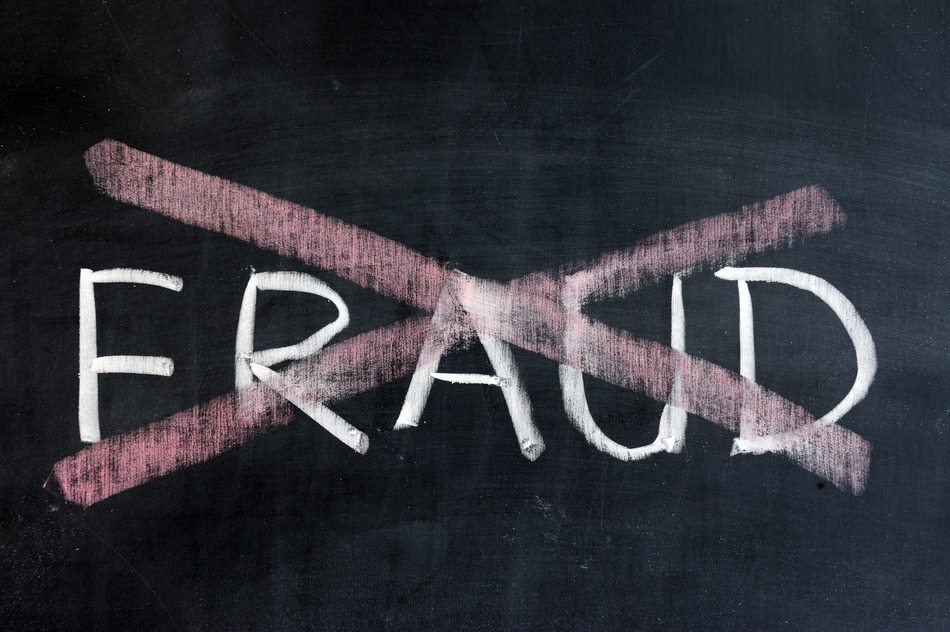Credit card and debit card fraud happens as often as the sun rises and sets. Every day thieves and scammers are constantly trying to steal your card’s information and, when they do, you can count on them using it to make unauthorized purchases. The good news is thanks to the Fair Credit Billing Act, a credit card holder’s liability for fraudulent charges is capped at a maximum of $50 and even then the major credit card networks, MasterCard, VISA, AMEX, and Discover, have zero fraud liability policies. Debit card users enjoy similar fraud protections.
Even though card holders are probably not going to be ultimately held responsible for fraudulent charges, that does not mean that they will not be in for a giant headache while trying to dispute the fraudulent use. It is important for all cardholders to be diligent about protecting themselves from fraudsters, and here are four simple ways to do just that.
1. Shred
Generally when people think of credit card or debit card theft they picture a diabolical hacker furiously clicking away on his computer until he is able to successfully break into a database and steal the card information of his unsuspecting victims. However, not all credit card theft is high tech. Many thieves steal credit card information right out of a victim’s trash. It is important to never throw away account statements or anything else listing your credit card number without first shredding the documents. Better yet, sign up for electronic statements and no paper will be printed with your account numbers at all. This applies to savings account statements and brokerage statements as well. Less paper means less exposure to fraud.
2. Be Selective When Releasing Account Information
Phishing (yes that’s a real word) is another popular method of credit card theft that has maintained popularity among fraudsters for years. When a fraudster employs a phishing scheme he sends an email that appears to be coming from a legitimate financial institution. A phishing email could appear to come from your bank and might ask you to click a link in order to verify your account number, user name, and password. If you fall for the scheme then you’ll be giving your sensitive banking and credit card information to the fraudster. As a rule of thumb it is a bad idea to ever release any account information unless you are doing so on a call that you initiated.
3. Carefully Review Your Billing Statements
At the very least every credit card holder should be in the habit of thoroughly reviewing his billing statements every single month. In fact, it is best to be in the habit of constantly monitoring credit and debit card charges. If unauthorized charges appear they should be reported to the card issuer immediately. Even small charges should be reported since a common method credit card thieves will employ is to make a series of small charges on a card to be sure it is active and then follow up with larger charges in the future. If your card issuer confirms that the card has been compromised then you will likely be issued a new credit card with a new account number.
4. Report Fraud, Loss, or Theft Immediately
The importance of reporting fraud right away cannot be overstated. This fact is especially magnified where debit cards are concerned due to the loopholes in their fraud liability protections. For example, if a consumer knows that his debit card has been stolen and fails to notify his bank then some of his zero-liability fraud protection can be compromised. In fact, if a debit cardholder fails to report the theft or loss and fraudulent charges occur then his liability for those charges could jump from $50 to $500 within a space of just 2 days. Additionally, if a consumer never reports the loss or theft then he could be responsible for the entire balance of the fraudulent charges.




